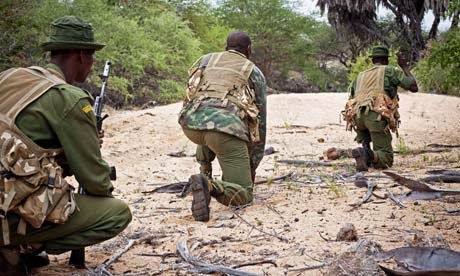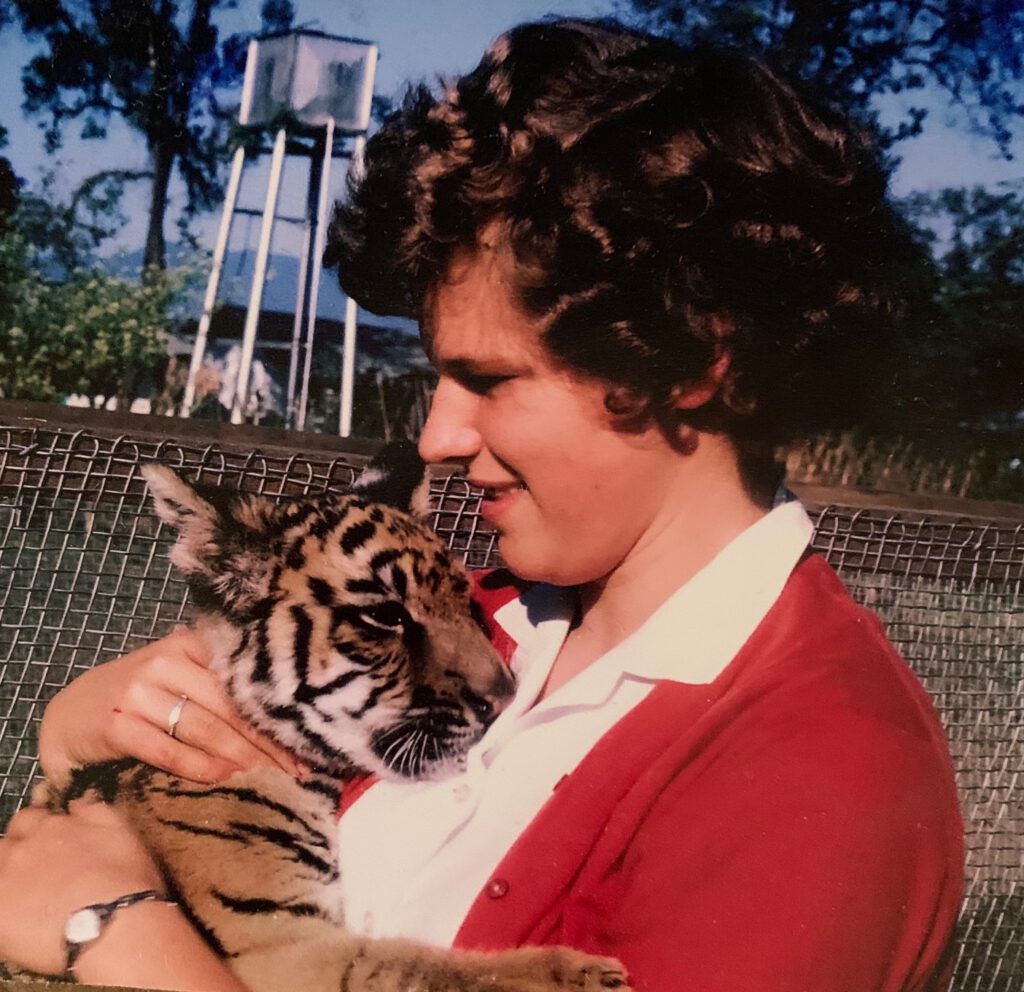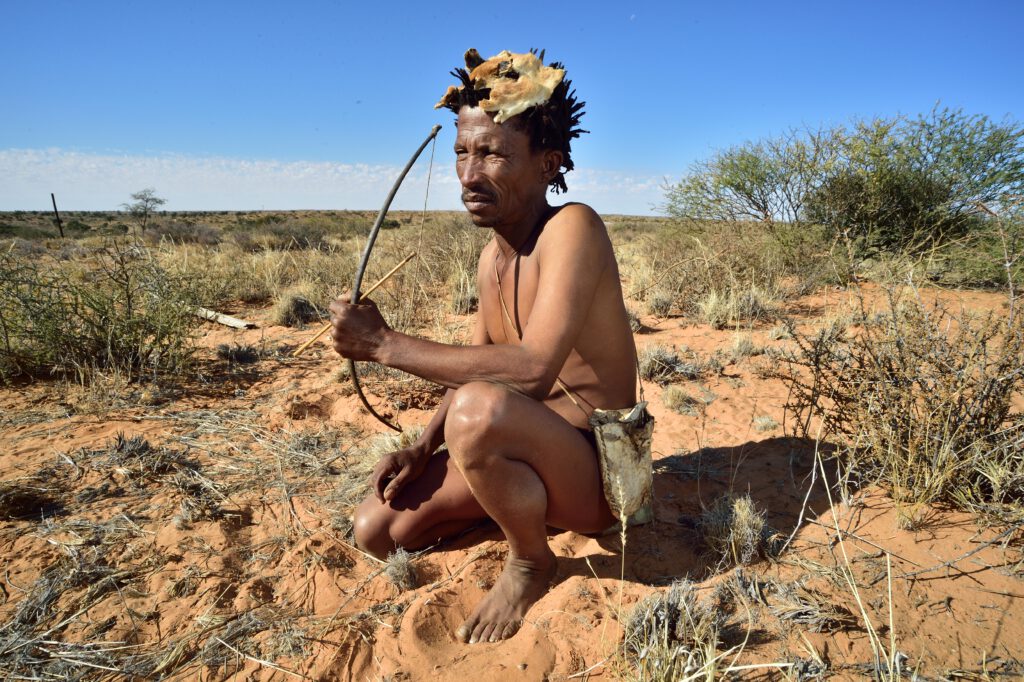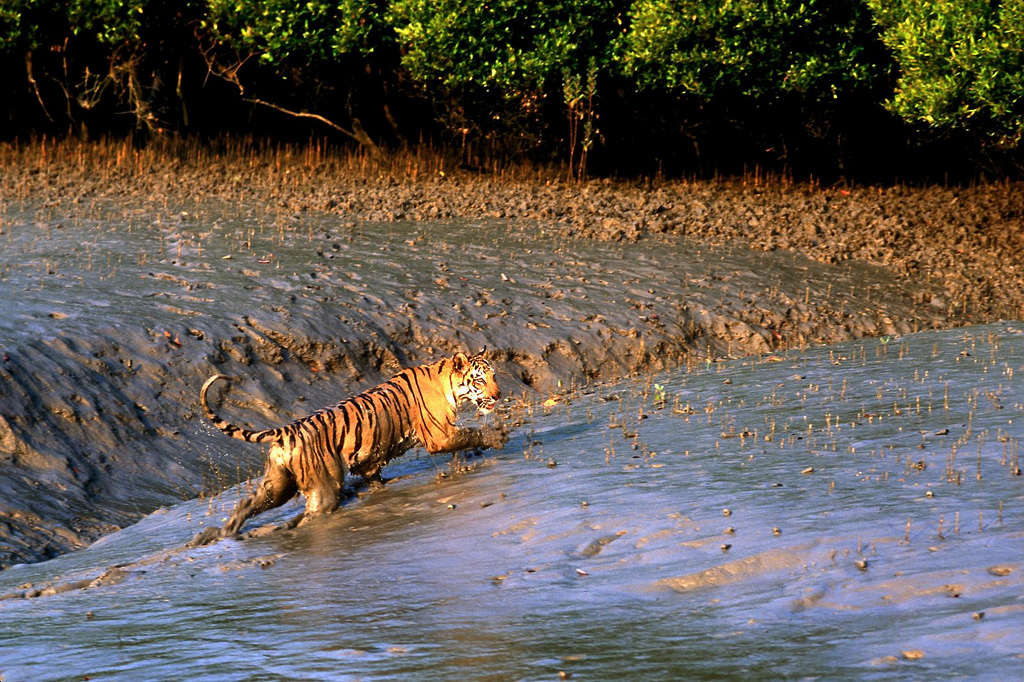Alarming scenes are coming in from game-rich northern Botswana this week, where the carcasses of hundreds of elephants are strewn across the lush plains having perished from some mysterious cause. This is not the work of poachers – the tusks are all still intact – and there is ample water and foliage available. Early speculation has it that there might well be a deadly neurotoxin savaging the herds. The scientists and rangers are at work to unravel the mystery.
I knew one of those rangers, Sekgopi Tshite, who later became my friend and tutor. Besides idioms, grammar and the fulsome vocabulary describing Kalahari cattle, he peppered our time with stories.
It seems he had once been sent on solo patrol for poachers – often nearby villagers – who had long lived by the abundant neighboring wildlife, and who had little regard for formalities of wilderness reserves or national parks. Generations of hunting prowess had taught them everything there was to know about evasion, and about where to find sustenance for hungry families.

While tramping the park one day, my friend came upon a snare where a small antelope was trapped. Knowing the hunter would return to check his handiwork, Sekgopi perched himself in the leafy branches of a nearby tree to wait. Noon came and went. He wondered if perhaps the hunter had sensed his presence and absconded. But then a slight rustle announced the approach of the poacher who paused to assure himself that all was clear, and then strode up with satisfaction to bag his prize. As the villager worked to free the animal, Sekgopi dropped out of the tree with handcuffs at the ready, and informed the hunter that he was under arrest. The hunter was aghast. It was he who had walked into a snare.
The trek back to park headquarters was a gethsemane. The villager begged Sekgopi for mercy, pleading that he had children and an invalid wife who would now suffer as innocents. Please, he entreated, might he not be released? The ranger yielded not an inch, berating the man for his folly, that he should have considered his family before setting his snare. You are not only a lawbreaker, said Sekgopi, you are a feckless father and husband. Long silences followed the man’s bleating and appeals. Then he would begin again, vowing never again to set foot in the park, that he had taken this lesson to heart and that he would henceforth be a champion of the park’s sanctity. Sekgopi retorted that his word could hardly be taken seriously given that he was a man without conscience or honor.
As they approached the park headquarters at evening, the poacher had fallen silent, knowing now that the ranger could not be dissuaded. He was as good as jailed. When they came to the last fork in the road before the park holding cell, Sekgopi wheeled on the browbeaten hunter, took out his key, and unclasped the man’s handcuffs. The poacher was thunderstruck. With tears he poured out his gratitude to the ranger, who now watched as the poacher veered away on the path leading back to the village and his family. He was not running, he was dancing and shouting, as he disappeared down the trail.
Some months later, my friend’s tenure with the park service came to an unhappy end. He sat in the back of an open truck waiting for the long ride home. Then he noticed a figure running toward him from the village beyond. He recognized the poacher who then handed Sekgopi a packet wrapped with string, telling him, I can never forget what you did for me that day in the park.
As the truck rolled away, Sekgopi unwrapped the packet to find a small hunting knife with an exquisitely carved handle. He told me, if my house were engulfed in flames, I would rush in at the risk of my life to retrieve that one possession. It’s the most precious thing I own.
Its beauty is even more beguiling – and the story more richly human – when you recognize that the carved handle is surely from the antler of an antelope. Yes, in all likelihood, a poached antelope.



Very sad! Nicely written!❤️🙏Caroline
Rra Marang, you knew Sekgopi Tshite? I’m not surprised. He, too, was a good storyteller.
For the first time since we’ve been here, driving around earlier today, we were listening to NPR as we always do, when Botswana and the elephants made the headlines. It was barbed and negative, labeling our wildlife management “a disaster.”